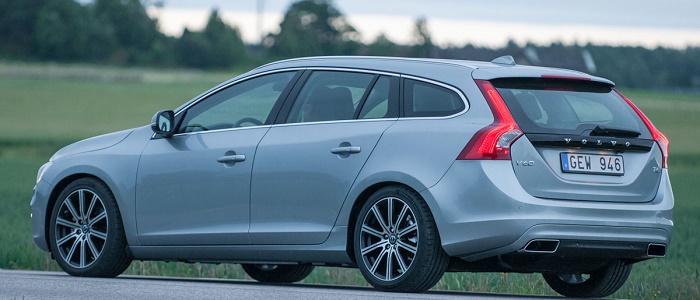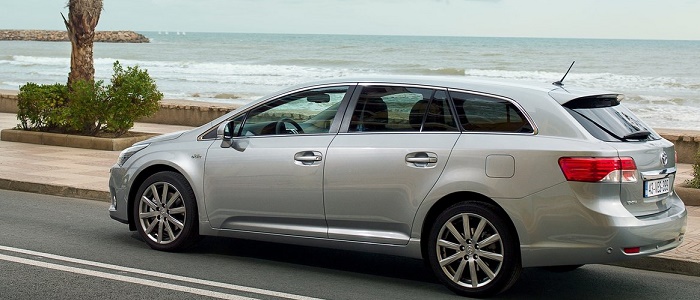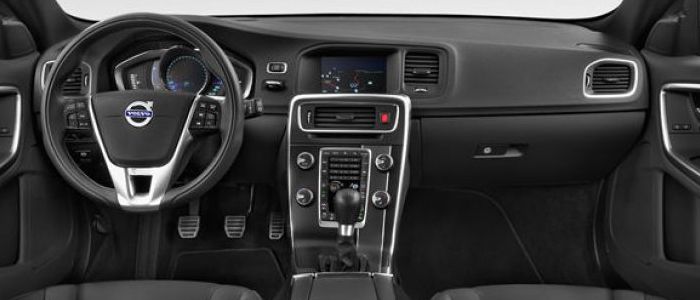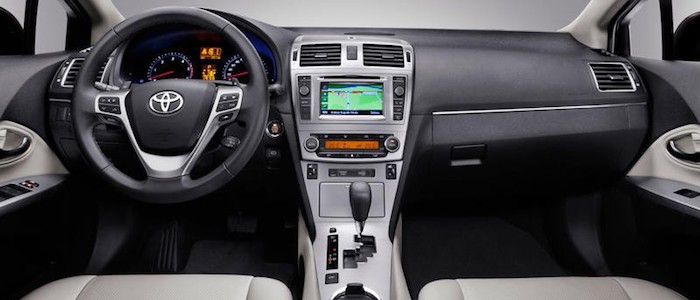Compare two cars
Compare any two cars and get our Virtual Adviser™ opinion
Dimensons & Outlines
Check vehicle history
Engine
Performance (manual gearbox)
Performance (automatic gearbox)
Expenses
Virtual Adviser's™ opinion
Well, these are two pretty similar cars we have here! It's only details that could potentially make the difference. Considering they both belong to the large family car segment and utilize the same 5-door wagon body style and the front wheel drive system, it all comes up to the specific diesel engine choice they offer. The first one has a Peugeot-engineered powertrain under the hood, a 4-cylinder, 8-valves 114hp unit, while the other one gets its power and torque from a 4-cylinder, 16-valves 126hp engine designed by Toyota.
SafetyA starting point here would be to take a look at the results from European New Car Assessment Programme (Euro NCAP) tests which were performed on both of the cars, with the same number of safety stars gained in the process. That aside, let's consider some other aspects which affect safety. Both vehicles belong to the large family car segment, which is generally a good thing safety-wise, but it doesn't do much to help us decide between the two. On the other hand, when it comes to weight, a factor that most people underestimate, the Japanese car offers a marginal difference of 3% more metal.
ReliabilityReliability is not the best thing to consider on the make level, but it is worth mentioning that Toyota does have a slight advantage, all the models observed together. These are the results of an independent reasearch, while our visitors describe reliability of Volvo with an average rating of 3.2, and models under the Toyota badge with 4.6 out of 5. The same official information place V60 as average reliability-wise, and Avensis is more or less at the same level.That apart, owners of different cars powered by the same engine as the Swedish car rank it on average as 4.4, while the one under the competitor's bonnet gets 4.7 out of 5.
Performance & Fuel economyToyota is undoubtly more agile, reaching 100km/h in 1.3 seconds less than its competitor. In addition to that it accelerates all the way to 200 kilometers per hour, 10km/h more than the other car. When it comes to fuel economy things look pretty much the same for both cars, averaging around 4.4 liters of fuel per 100 kilometers (65 mpg), in combined cycle.
Verdict
Toyota is apparently more reliable, not too much, but just enough. The most important thing when deciding between any two vehicles should always be safety, both passive and active. In my opinion, everything taken into account, the Japanese car offers slightly better overall protection and takes the lead. It all continues in the same direction, with Toyota outracing its opponent in any situation possible, making it better choice for boy racers. It does come at a cost though, and that's the fuel consumption... All together, there's not much more to say, in this case I wouldn't even consider anything but Toyota. Anyway, that's the most objective conclusion I could've came up with and it's based solely on the information found on this website. Aspects such as design, practicality, brand value and driving experience are there for you to measure them out. In case you have two minutes to spare I invite you to define your needs, desires and budget and see which car would be chosen by the virtual adviser™, among thousands of similar, yet so different vehicles.

































